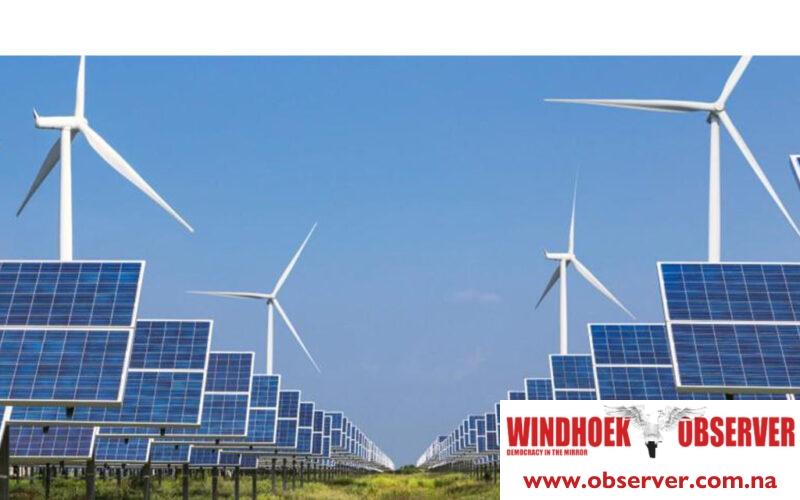Herrta-Maria Amutenya
Media and civil society will play a key role in monitoring Namibia’s transition to a green economy under a new initiative called the Eco Dialogue Collective.
The project, funded by the European Union and German Development Cooperation, will run from 2025 to 2027.
It aims to improve transparency and accountability in managing natural resources such as green hydrogen, oil, and gas.
Peter Limbourg, Director General of Deutsche Welle (DW), said the project goes beyond sharing facts.
“Namibia has an abundance of natural resources and precious ecosystems that need protection. But it also faces the effects of climate change and the question of how all Namibians can benefit from its natural wealth. Unbiased news and reliable facts are the basis for informed decisions. But this project goes beyond facts. This project listens to different perspectives – from communities, business leaders, policy makers and government. It is important to have this dialogue to ensure that every voice is heard,” he said.
The Eco Dialogue Collective is being implemented by DW Akademie, the NMT Media Foundation, the Institute for Public Policy Research (IPPR), and the Legal Assistance Centre (LAC).
Ian Dupont, EU Deputy Head of Mission to Namibia, said civil society and the media are central to democratic governance.
“CSOs and media are indispensable to democratic governance and sustainable development. They bridge societal divides, amplify marginalised voices, and provide critical oversight that fosters transparency and accountability. The European Union deeply values this role and remains committed to supporting initiatives that strengthen civic engagement, human rights, and environmental justice,” he said.
IPPR Executive Director, Graham Hopwood, said civil society and the media must ensure that economic benefits are shared fairly.
“Namibia stands at the threshold of a major economic transformation. The project recognises that for all Namibians to benefit equitably from the country’s natural wealth, active public participation and oversight by civil society and the media are essential,” Hopwood said.
Corinna van Wyk from the LAC said that inclusive dialogue is essential.
“In pursuit of sustainable development, every voice matters. Successful dialogues can transform disparate perspectives into a cohesive vision for our country,” she said.
Zoé Titus, Executive Director of the NMT Media Foundation, said the initiative underlines the importance of journalism.
“This project recognises that quality, public interest journalism is not a luxury; it is an essential public good. When communities have access to accurate, engaging, and relevant information, they are better able to participate in shaping the policies that affect their land, livelihoods, and futures,” she said.
The Eco Dialogue Collective will focus on three main areas.
Content production will involve a collaborative newsroom to produce explanatory journalism on environmental topics, extractive industries, and green growth.
Youth-led content, community programmes, and a decision-maker portal will make the information widely available.
Dialogue and advocacy will include community meetings, workshops, and conferences to promote inclusive public participation and support democratic processes.
Training and capacity building will equip journalists, civil society actors, and local advocates with the tools to explain developments in the green economy, engage in advocacy, and raise awareness through media.




